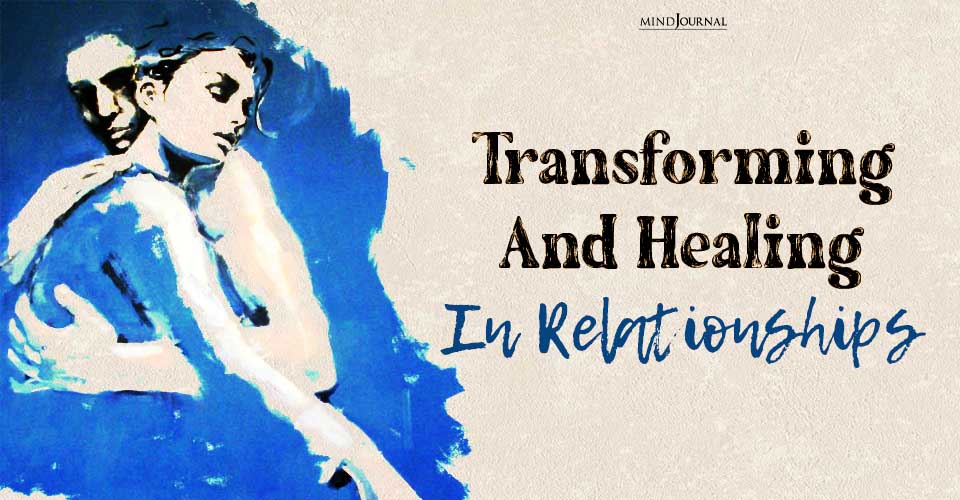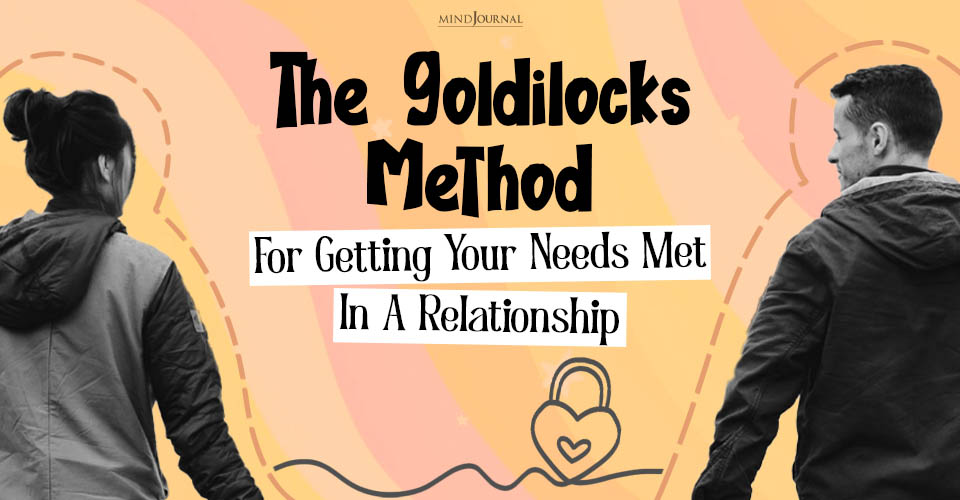Have you ever wondered why some relationship topics are always swept under the rug? It’s like acknowledging these taboo relationship topics might unravel the delicate fabric of our partnerships. But here’s the thing: avoiding these taboo topics in relationships won’t make them disappear. In fact, it might just be the reason why so many relationships hit rough patches or fall apart completely later on.
And who knows, maybe having an honest conversation could actually strengthen the bond between you and your partner and help build trust and understanding.

From finances to dealbreakers, past relationships to future goals, there’s a wide range of taboo topics begging for open dialogue. Today, we’ll discuss seven taboo relationship conversation topics to help you understand your partner better.
Taboo Topics in Relationships
1. What are your dealbreakers?
Everyone has lines they don’t like being crossed. Maybe it’s something like smoking, differing views on having kids, or how they manage their money. Whatever it is, bringing up these topics early on can prevent misunderstandings and resentment from building up over time. It’s all about being honest with yourself and your partner about what you can and cannot compromise on.
While these topics are considered taboo, communicating your dealbreakers early on can save you a whole lotta time and heartache later.
Read More: Why Feeling Needy In A Relationship Is Okay
2. What are your financial habits
Money matters can be one of the most sensitive and taboo relationship topics, but talking about finances openly is essential. It’s not just about who’s paying for dinner tonight; it’s about understanding each other’s financial habits, debts, and savings goals. Imagine planning a future together without knowing if your partner has a mountain of student loans or a tendency to splurge impulsively.
By discussing your financial situations, you can avoid nasty surprises and work together towards common financial goals, whether that’s saving for a house, planning a dream vacation, or simply staying afloat.
3. What are your expectations around building a family?
Now, this one can get deep fast. Whether you’re dreaming of a big family or thinking you might prefer a life without kids, it’s essential to let your partner know where you stand. Imagine planning a future together only to realize you have completely different visions for what that future looks like.

It’s not just about kids, either – it’s about understanding how you each view family life, responsibilities, and even where you want to live. Trust me, this is one of those taboo topics that if discussed sooner rather than later can prevent a lot of tears and frustration.
4. What are your future plans and goals?
Where do you see yourselves in five or ten years? Do you want to travel the world, start a family, or focus on career advancement? Having a clear understanding of each other’s goals can help ensure you’re moving in the same direction and prevent potential conflicts down the road. It’s essential to know if your visions for the future align or if there are compromises to be made.
Moreover, discussing your future plans can strengthen your bond by giving you shared goals to work towards. What steps can you take together to achieve your dreams? How can you support each other in personal and professional growth? By having an open and honest conversation about these relationship topics, you can create a roadmap for your future and ensure that you’re both on board with the journey ahead.
5. What are your political views?
It’s one of those things you’re often told to avoid at the dinner table, but in a relationship, avoiding politics forever isn’t realistic. Your political views often reflect your core values and beliefs, so discussing them can reveal a lot about compatibility.
Approach it with an open mind and a willingness to listen. You don’t have to agree on everything, but respecting each other’s views is key. Plus, healthy debate can actually bring you closer – as long as it doesn’t turn into a shouting match.
Read More: Every Relationship With Get “boring” After You’ve Been Together For Years
6. What are your family dynamics?
We all have our fair share of family drama, right? But sharing these troubles with your partner can help them understand you better. It’s about letting them into your world, warts and all. Maybe your parents are overbearing, or your sibling rivalry is off the charts. Whatever it is, talking about it helps your partner understand where you’re coming from and why you are the way you are. And who knows, they might have some advice or can at the very least offer you a shoulder to lean on.
7. What are your relationship fears?
Finally, let’s talk about fears. This one is tough because it requires a lot of vulnerability. Are you afraid of being hurt? Worried about losing your independence? Scared that your partner might not feel the same way you do? Opening up about these fears can feel like exposing your deepest insecurities, but it’s a crucial step toward building trust.

When your partner knows what scares you, they can better support you and help alleviate those fears. And guess what? They probably have fears of their own that they’re just as nervous to share.
Final Thoughts
So there you have it – seven taboo topics that might make you squirm a little but are essential for a healthy, transparent relationship. Remember, the goal isn’t to have these conversations all at once or in a heavy-handed way. Approach them with empathy, patience, and a genuine desire to understand each other better. You’ve got this!
Read More: Recovery From Abusive Relationships: How Long Does It Take?
Frequently Asked Questions (FAQs):
What are taboo topics?
Taboo topics are subjects that are considered socially or culturally sensitive, inappropriate, or uncomfortable to discuss openly. Examples include politics, religion, personal finances, and certain family matters.
Why is it important to talk about taboo topics?
Talking about taboo topics is important because it fosters understanding, strengthens relationships, promotes personal growth, and breaks down social stigmas, leading to healthier communication and greater empathy.
What should I do if me and my partner are not on the same page about certain relationship topics?
If you and your partner are not on the same page on a relationship topic, communicate openly, listen to what they have to say, try to find common ground, and consider seeking counseling if needed.











Leave a Reply